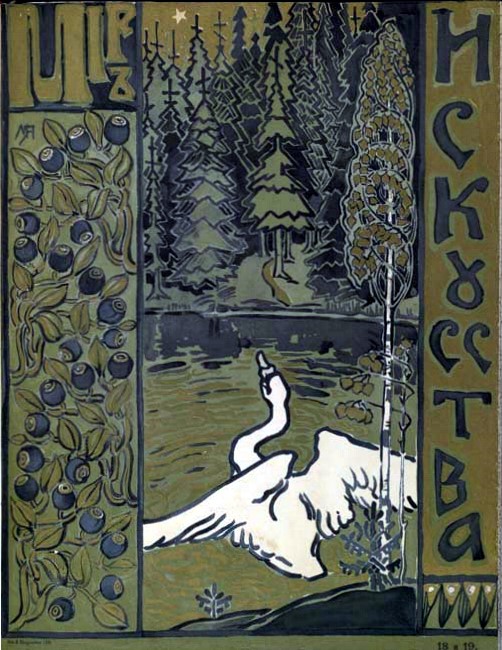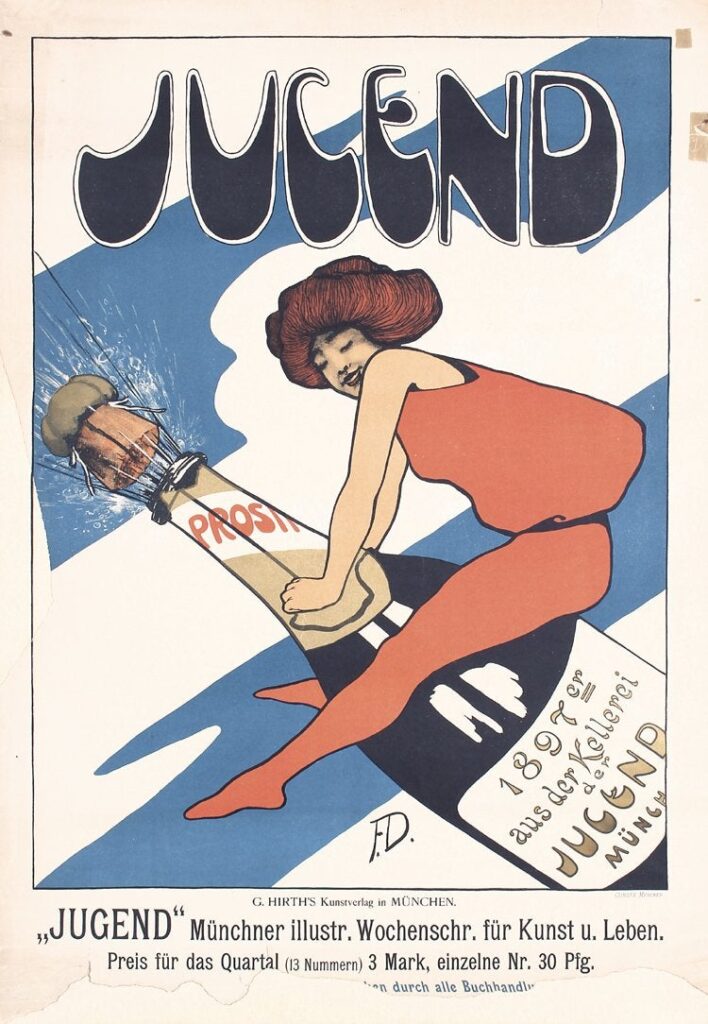
Beginning our second year of publication, with our program defined and refined in practice, we take this opportunity to express it explicitly.
The name of this journal, 96th of October, is derived from a character in the Pogo comic strip who wishes to extend the sway of Halloween to where it displaces Christmas. Giving October 96 days effectively annexes December and the first week of January.
Halloween was of course our favorite holiday in childhood, and still is, being the most uninhibitedly pagan one in the calendar. Not only the disapproved delights of candy and creepiness are celebrated then, but all the hallucinatory and more-than-normal characters that people the imagination. For a literary magazine that focuses on the fantastic, the name 96th of October is most appropriate. With a sigh for the mild affront this may present to students of Russian history, we define ourselves as Octobrists in opposition to Decembrists.
We are a literary SF and Fantasy magazine, with an emphasis on the “literary.” We are well willing to stretch the definitions of our chosen genres to include the marvelous and the extraordinary in all its forms. Wherever reality presents itself with surreal richness, from kitsch to mysticism, we are at home.
We shall not here, as might be expected, take to task the genres, the journals and the publishing houses. SF and Fantasy have not “run out of steam” (in the case of Steam Punk, how could they?) Nor has publishing willfully let us down: it is struggling to survive in a dwindling marketplace, and this has greatly limited its ability to venture beyond the limits of conventional genre fiction. But the kind of work that appears here, which falls between the pigeon-holes, which doesn’t greatly resemble something else that was already quite successful—would be dismissed by any acquisitions editor who meant to keep their job.
We take issue, not with our colleagues in publishing, but with the larger cultural catastrophe. The seemingly absolute triumph of capitalism, along with the rise of the Internet, have been “extinction events” for academe, literary publishing, and serious journalism. A present-day Tolkien may already be brilliantly blackening reams of paper, but such a person will have to do so without a university day-job, a mainstream publisher, or an influential reviewer to recognize their achievement.
But the same economics and technology that laid low the old cultural establishment have at last provided the means to create a new one. In 96th of October we are able to publish a quarterly with literature, full-color artwork, and embedded music and video without a thought for “the bottom line.” We can judge submissions purely on their aesthetic merit, without regard to commercial appeal. Though it is our intention to one day charge a nominal fee and so be able to offer the creators at least an honorarium, we are not in this business to make money, but foster culture. Publication here is, quite literally, a beauty contest—whereas in “real” publishing it is, quite literally, a popularity contest.
The quality of the work we can already promulge, long before submissions reach torrent proportions, and the coherence of the more-than-modern aesthetic implicit in our newly discovered creators (and rediscovered geniuses from the past), as well as the want of any other venue for such daring talent, all combine to convince us that the rich harvest of a great aesthetic October is here. The time has come for a new magazine that will be the Jugend or Mir Isskustva of our time.
We are a magazine run by poets, artists, and musicians: a genuine arts collective. The last time the cultural means of production were similarly in the hands of the artists was when Abrecht Dürer traveled into Italy with a wagon-load of his self-published engravings and used them as currency.
A revolutionary arts collective we are, but unlike our counterparts in Brooklyn, we do not confuse political and social issues with aesthetic ones. We will not tote the quota, or toe a party line.
All power to the poets, artists and musicians!
Long live the October revolution!
